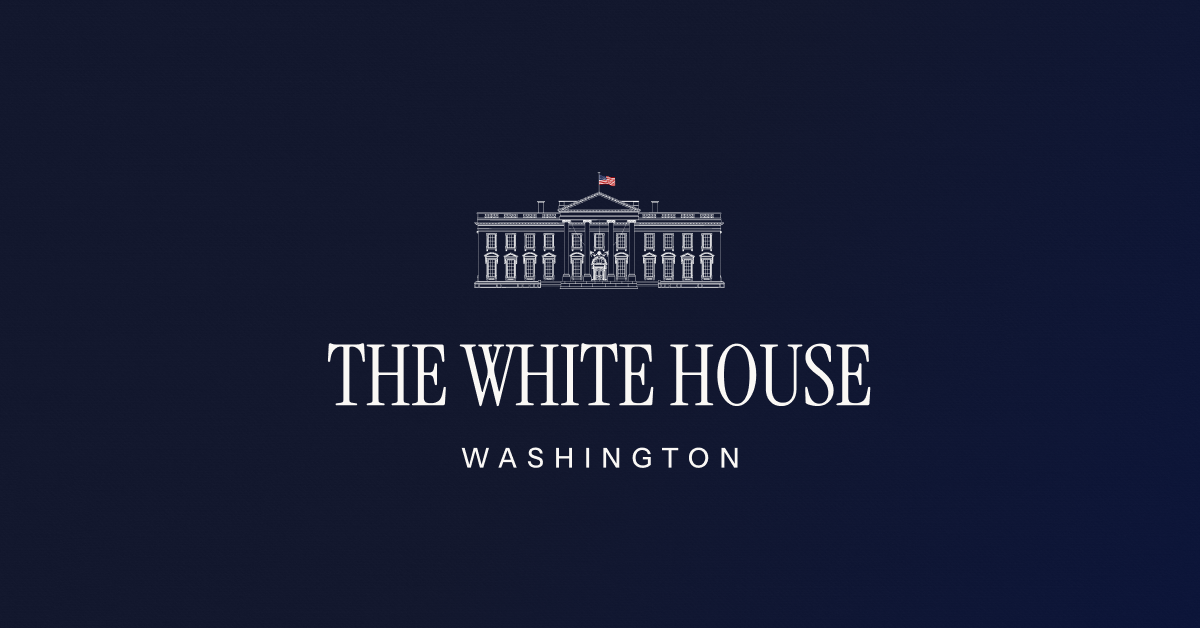Trump Signs Presidential Memorandum for Emergency Price Relief Amid Economic Struggles
Aims to Alleviate Cost-of-Living Crisis for American Families January 22, 2025-Washington, D.C. - In a significant move to combat the ongoing cost-of-living crisis, President Donald Trump has signed a Presidential Memorandum aimed at delivering emergency price relief to American families. The announcement was made from the White House, signaling
Aims to Alleviate Cost-of-Living Crisis for American Families
January 22, 2025-Washington, D.C. - In a significant move to combat the ongoing cost-of-living crisis, President Donald Trump has signed a Presidential Memorandum aimed at delivering emergency price relief to American families. The announcement was made from the White House, signaling an immediate response to the economic pressures that have been mounting over the past few years.
The memorandum directs all federal agencies to take actions that would "untangle the American economy from Biden constraints" and enhance affordability for everyday Americans. Specifically, it targets the reduction of costs in housing, healthcare, food, and fuel, areas where the cost increases have been particularly burdensome. This executive action is part of a broader strategy to address what the administration describes as an "historic inflation crisis" inherited from the previous administration's policies.
BREAKING: Trump has signed a Presidential Memorandum to deliver emergency price relief for American families and defeat the cost-of-living crisis.
— unusual_whales (@unusual_whales) January 22, 2025
President Trump is ordering all Federal agencies to untangle the American economy from Biden constraints and improve affordability…
President Trump's directive includes lowering housing costs by expanding supply, eliminating unnecessary administrative expenses in healthcare that increase consumer costs, and removing counterproductive regulations that have raised the prices of home appliances. Additionally, the memorandum seeks to create new employment opportunities, thereby encouraging more American workers back into the labor force, and to dismantle environmental policies seen as coercive and detrimental to consumer costs.
The White House has emphasized that this is just the beginning of a series of actions to revitalize the economy. Within 30 days, the Assistant to the President for Economic Policy will report directly to Trump on the progress of these initiatives, with updates expected every subsequent 30 days. This frequent reporting underscores the urgency and priority the administration places on economic relief.
Critics, however, have expressed skepticism regarding the memorandum's broad directives, questioning the specifics and feasibility of implementation without further legislative action. There are also concerns about potential legal challenges and the actual impact these measures will have on inflation and consumer prices in the short term.

The announcement has already begun to trend on social media platforms, with posts on X reflecting a mix of optimism from Trump supporters and cynicism from his detractors. Meanwhile, economic analysts are watching closely to see how these policy directives will translate into tangible benefits for American families in the coming months.
This move comes at a time when the U.S. economy faces complex challenges, including recovery from previous economic policies, global supply chain disruptions, and the ongoing effects of international trade relations. The full impact of Trump's memorandum will depend on the execution by federal agencies and the response from both the private sector and state governments.





